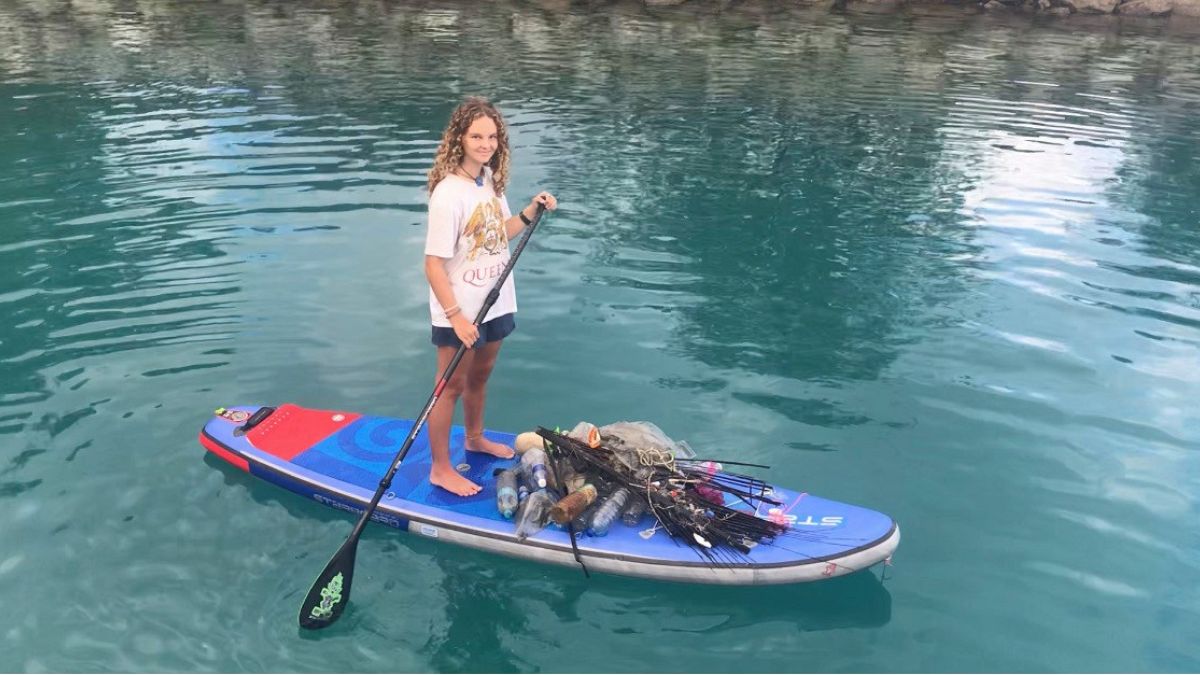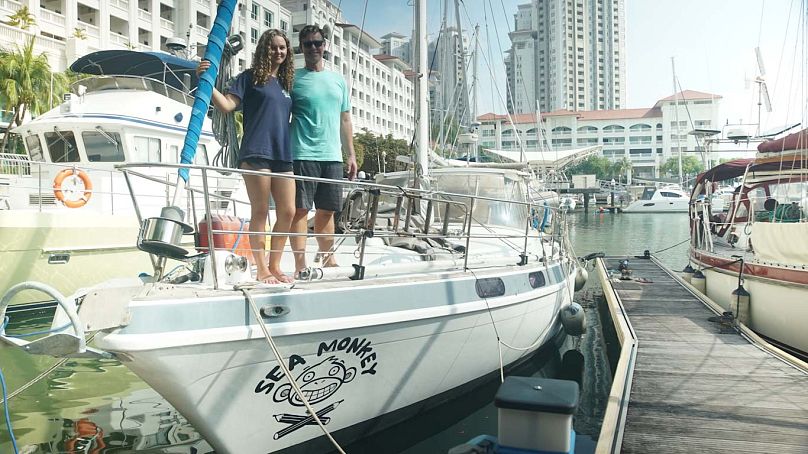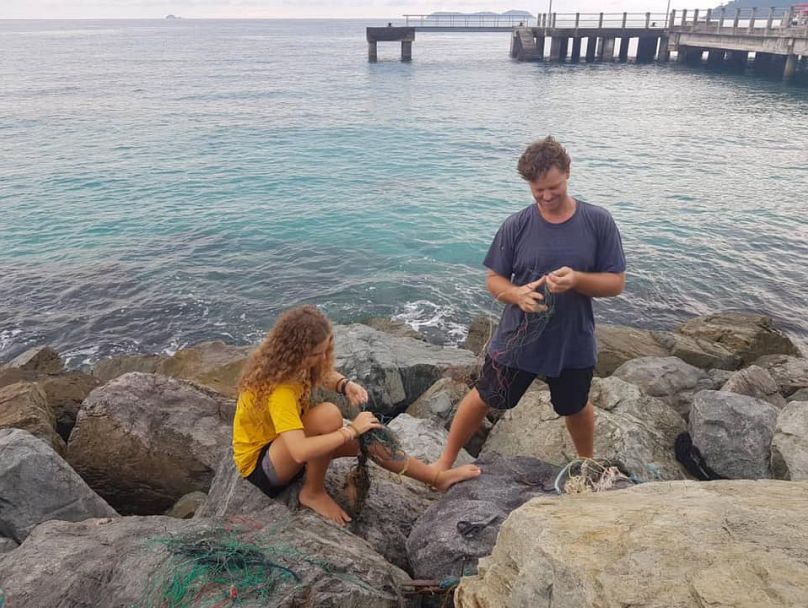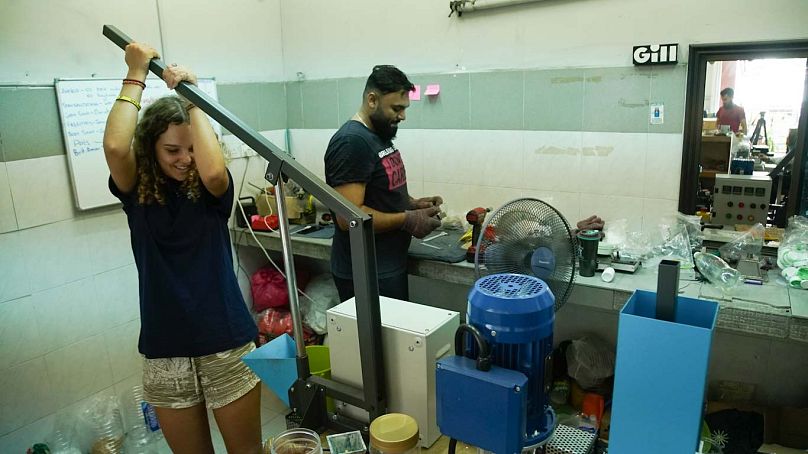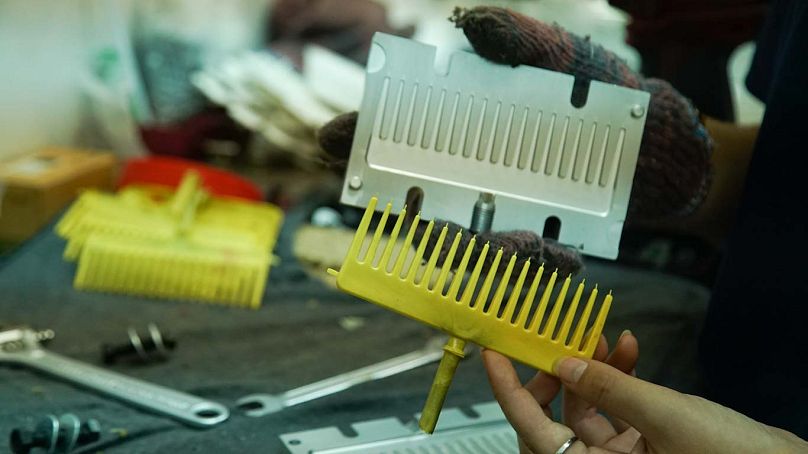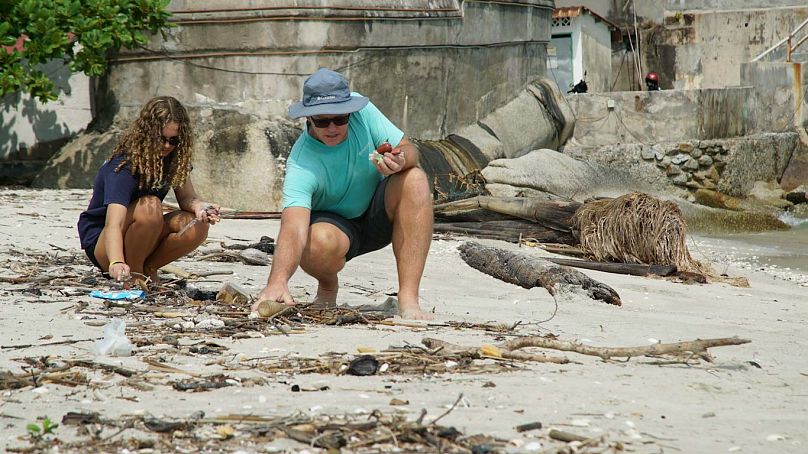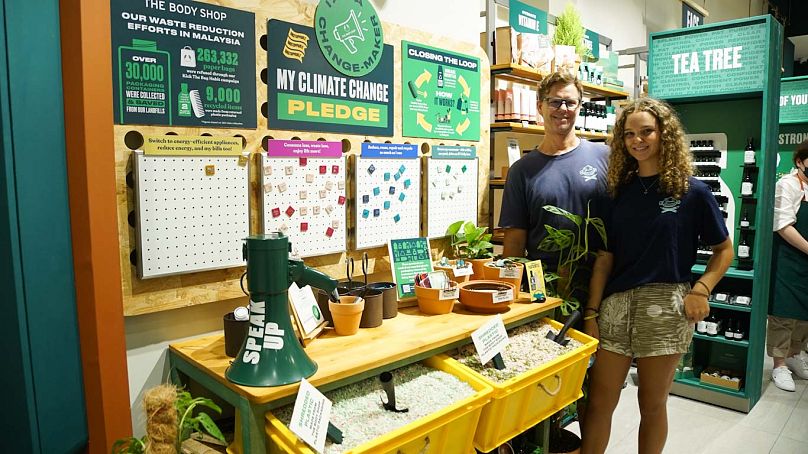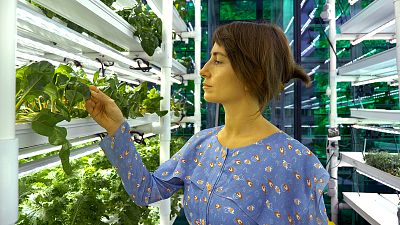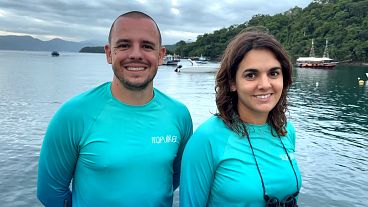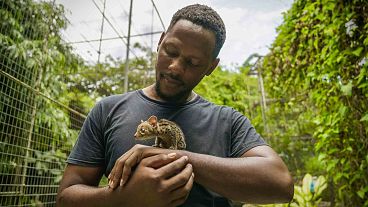"As we saw the plastic pollution problem, my family and I realised that we needed to do something about it because this was our home and it is everyone's home."
SCENES shines a spotlight on youth around the world that are breaking down barriers and creating change. The character-driven short films will inspire and amaze, as these young change-makers tell their remarkable stories.
Sydney Steenland has been living on a boat with her family since she was a child. Her family moved onto the boat initially after they got into financial difficulties. This unique lifestyle however gave Sydney the opportunity to see parts of the world that most children could only dream of.
“As we travelled, we saw some pretty amazing places and exquisite nature, but we also saw some pretty horrible things, like plastic everywhere. It didn't matter where we went, what country we were in, what the financial status of the area was, there was always plastic around in every environment,” explains the 16-year-old.
14 million tons of plastic
According to the International Union for Conservation of Nature, at least 14 million tons of plastic end up in the world’s oceans every year. Plastic debris is the most abundant type of marine litter, making up 80 per cent of all debris found worldwide.
Witnessing the extent of plastic pollution in the world’s oceans, Sydney and her family decided to set up a social enterprise project. The Sea Monkey Project recycles discarded plastics and turns them into ethical souvenirs.
‘Start doing something’
“Whatever you care about in the world, whether it's poverty, hunger, climate change, plastic pollution, it can be anything. But when you want to start doing something, you have to physically start doing it. It can be anything, it doesn't matter how small,” Sydney tells Scenes.
The Sea Monkey Project has upcycled more than 22,500 products and has organised close to 10,000 educational workshops. Sydney and her family set up the project when she was 11 years old and named the project after their family boat.
“The project got the name ‘The Sea Monkeys’ because my brother and I were very small at the time. We were like little monkeys in the sea, climbing over everything in our boat,” she recounts.
How it works
The project recycles plastic using machines that the family builds and distributes. Their machines are built using open-source blueprints from a Dutch industrial designer called Dave Hakkens. “We took his brilliant idea and put it through many different trial and error processes and eventually made our own machines,” explains Sydney.
The upcycling machine has three separate parts; a shredder, which breaks big chunks of plastic into smaller flakes. An extruder, which melts plastic flakes creating molten plastic and an injector which injects the molten plastic into mould cavities.
“We can take this plastic material that nobody values and we turn it into items that people can use in their everyday lives, for their schooling or for use in their kitchen,” she says.
Sydney’s family are based in Malaysia, where they have 26 machines scattered around the country. Since 2018, the project has placed 57 recycling machines in 15 other countries around the world.
“We provide employment opportunities to marginalised communities around the world. We provide employment for refugees, who manufacture most of our products and we organise educational workshops,” says Sydney’s father, Carlos Steenland.
‘I teach workshops’
Education is at the heart of The Sea Monkey Project and Sydney teaches many of the workshops herself. “I teach workshops and explain the process of recycling and encourage people to make their own recycled products using our machines,” she states. “I also give talks in different countries about the problem of plastic pollution and hopefully inspire people to make a difference in their communities,” Sydney adds.
Sydney is driven by a strong desire to save the ocean that she and her family call home. “I believe that the earth is in a pretty bad state at the moment in every way. It doesn't seem like much is getting better, but when you look closely, there are small changes being made, and if we can all stand together to slow down the process of the earth crumbling beneath our feet, then we'll work towards a solution eventually,” she concludes.

